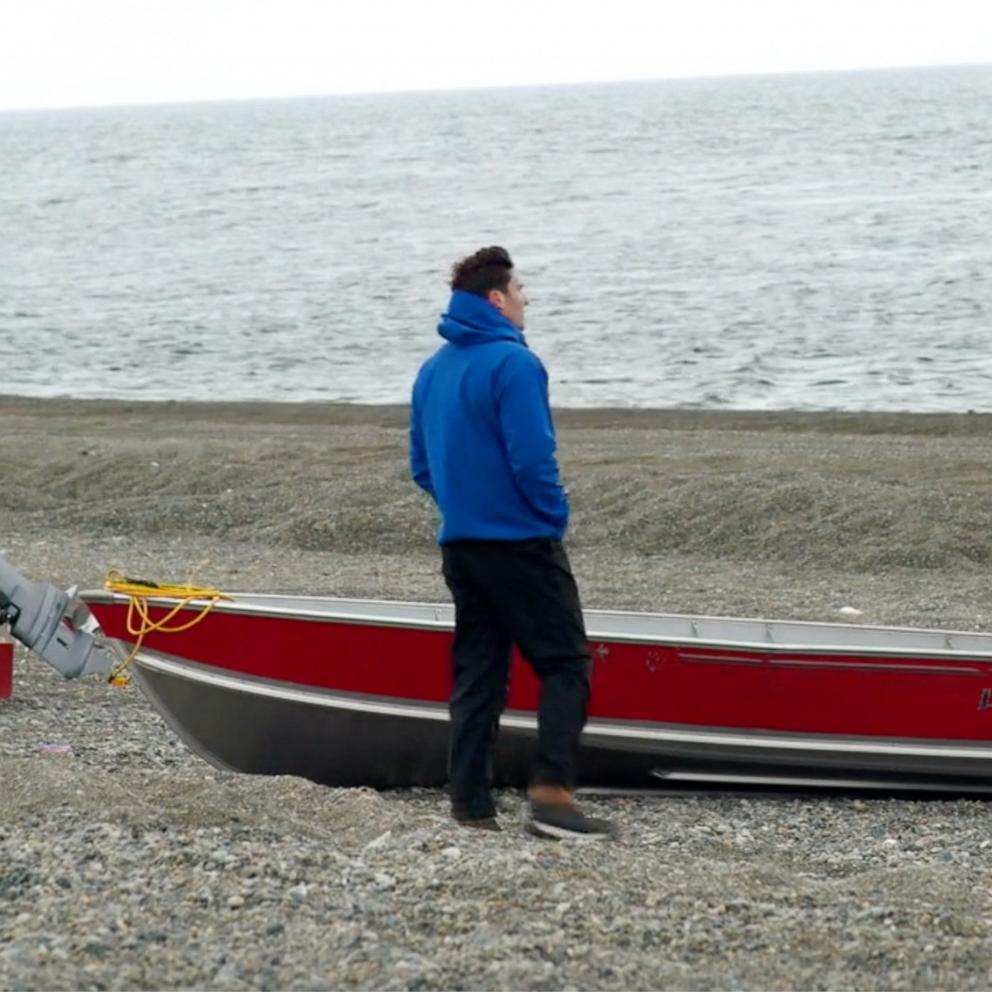Review: 'The Performance' stumbles when it needs to soar

"The Performance," now in theaters, is a cracking good story right out of the pages of history. Harold May and his troupe of tap dancers are struggling to make it in America in 1937. Then, while on a tour of Europe, comes an offer to play a one-night-only performance in Berlin. As a Jew, Harold is reticent. But his blond hair can help him pass for Aryan. And the money is good.
So what's the harm? Plenty, as it turns out, since the performance, at the dawning of WW2, will be for Adolf Hitler and his masters of the Third Reich dedicated to the elimination of Harold's race. What kind of moral accommodation is Harold willing to make for success?
That question courses through the New Yorker short story by celebrated playwright Arthur Miller ("Death of a Salesman," "The Crucible") on which the film is based. Jeremy Piven, the three-time "Entourage" Emmy winner who stars as Harold, had been told by his renowned Chicago acting teacher mother, Joyce Piven (she died this month at 94), that the part was meant for him.

That meant wrangling the rights to produce the film from the playwright's daughter, director Rebecca Miller. Jump 15 years ahead and here at last is "The Performance," a family project if there ever was one, directed by Jeremy Piven's sister Shira Piven, featuring her brother in the most challenging role of his career. He's not a natural tap dancer and it shows.
What a shame then that this Piven passion project isn't much of a movie. Brimming with good intentions that never find a place to land, "The Performance" stumbles on its admirable and timely ambition to show art in the act of being swallowed up by compromise.
In the early scenes, we see Harold on the down side of a New York career that barely was. Seemingly winded in his big tap numbers, he relies on fellow dancers, including Adam Garcia as the skirt-chasing Benny Worth, Isaac Gryn as the closeted Paul Garner, Lara Wolf as the slinky Sira and Maimie McCoy as Harold's former lover Carol Conway.
As the European tour limps to a close, Harold is cheered by German talent scout Damian Fugler, played to smiling-sinister perfection by "Trainspotting" great Robert Carlyle. Piven shares his best scenes with Carlyle, both walking a delusional tightrope that allows them to bond as long as Harold's true identity as Harold Markowitz (it's on his passport) is never openly addressed.
The tension is palpable on the big night when Der Fuhrer (a lurking David Oberkogler), blown away by his introduction to tap, gives Harold a chance to shake hands with the devil. Much credit to choreographer Jared Grimes and strenuous editing cutaways for making the tapping passably credible, though Hitler is having a better time than you will.

As a director, Shira Piven, who wrote the script with Joshua Salzberg, does her best work at contrasting the spoils of luxury being lavished on Harold and company with the startling evidence outside of persecution of Jews, gays and other so-called undesirables.
The turning point for these Americans caught in a scary springtime for Hitler comes when they are offered lucrative jobs in the Nazi cultural propaganda machine. To the horror of his friends, Harold leans to the dark side until a mutilating attack forces him into the light of self realization.
Sadly, the film stumbles when it most needs to soar, especially with antisemitism on the rise. As a cautionary tale laced with song and dance, the Oscar-winning "Cabaret" did it better and for the ages. Yet this is one from the heart for the Pivens, honoring their mother by delivering Arthur Miller's message of resistance to a new generation. Attention must be paid.







